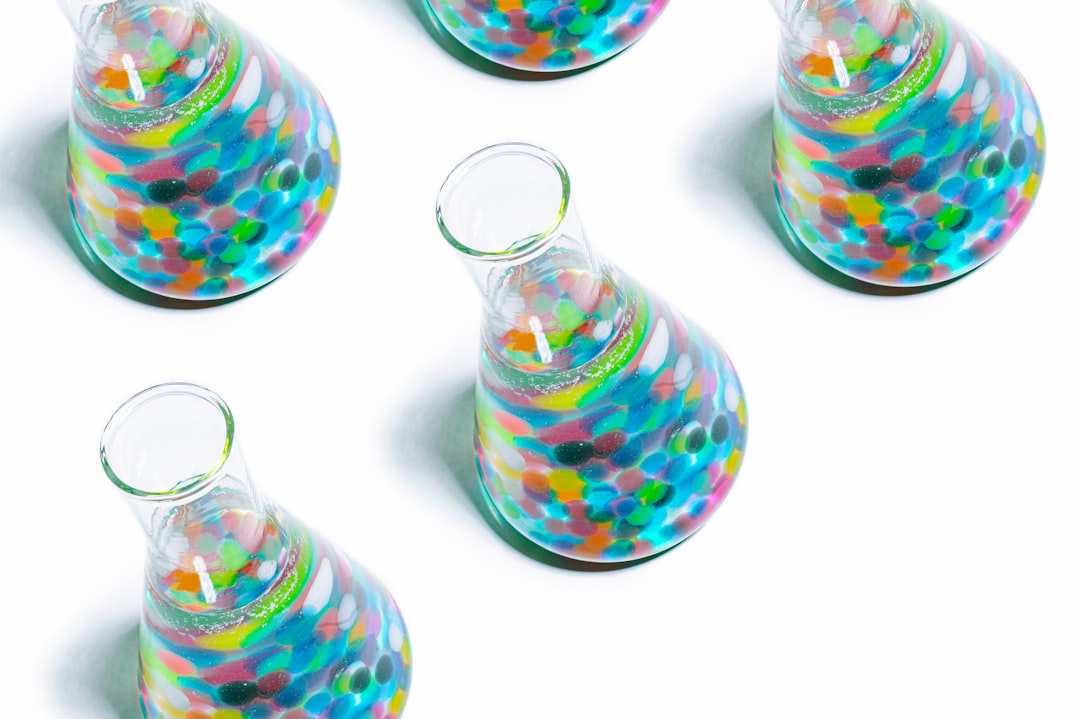What is it about?
We extend our previously published work on RIPK4, showing that the lipid mediator lysophosphatidic acid (LPA) is an important biologic inhibitor of RIPK4. We discovered that a component of blood was able to inhibit RIPK4. Through various biochemical studies, we determined this factor was not a protein or nucleic acid but rather a lipid. Further evaluation helped us to determine that the lipid mediator LPA was indeed the inhibitory factor.
Featured Image

Photo by Possessed Photography on Unsplash
Why is it important?
Our findings are important for all biologic processes involving keratinocyte proliferation, including carcinogenesis and wound repair. This new avenue offers hope for developing therapies important for treating these conditions.
Perspectives
We have discovered that a lipid mediator, common in blood serum, is a regulator of keratinocyte proliferation through its influence on RIPK4. This holds significant promise for wound healing and carcinogenesis. From my perspective, this revelation underscores the intricate interplay between lipid signaling and cellular processes, shedding light on potential therapeutic avenues for conditions involving dysregulated keratinocyte proliferation.
Brian Poligone
Rochester General Hospital Research Institute
Read the Original
This page is a summary of: Lysophosphatidic acid down-regulates human RIPK4 mRNA in keratinocyte- derived cell lines, PLoS ONE, April 2024, PLOS,
DOI: 10.1371/journal.pone.0287444.
You can read the full text:
Resources
Contributors
The following have contributed to this page










